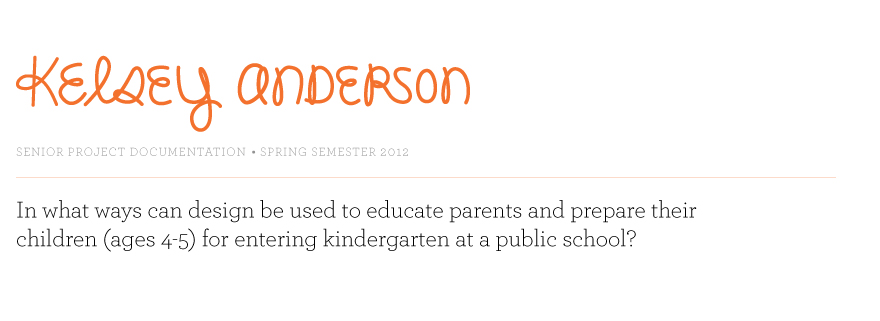Kindergarten Teachers Say Students Are Behind on Day One
According to a new survey presented at the annual conference for the National Association for the Education of Young Childrenyesterday, two-thirds of kindergarten teachers say the majority of their students start school without knowing basic preschool concepts like the alphabet. At a time when closing the achievement gap is a national imperative for our nation, veteran kindergarten teachers say students are less prepared for school than ever before.
Just 6 percent of kindergarten teachers say that students are very well prepared academically when they enter the classroom. Students come in lacking the ability to hold a pencil or write their name. Fewer than 9 percent of teachers rated incoming student's oral language skills as very good. Given that the size of a student's vocabulary is an indication of how well they'll do academically for the rest of their lives, that doesn't bode well for ensuring students are on the track toward college or careers.
The problem, of course, is that despite universal acknowledgement of theimportance of early childhood education—and President Obama's support of such initiatives—too few students attend high-quality preschool programs that teach them the basics. Funding for preschool programs has been cut in state after state, and more cuts are on the way. Sure, every parent should spend time reading with her child, practicing the alphabet, and counting to 10, but that doesn't always happen. Even parents who have gone to college are busy working long hours and don't always take the time to read with their kids. Wealthier families have a huge advantage because they can compensate by paying for private preschools.
That's a real shame. If every student had access to early childhood education, they'd all start kindergarten at the same place, essentially cutting off the creation of the achievement gap. Until that happens, we shouldn't be surprised when kindergarten teachers say students aren't ready to learn.
